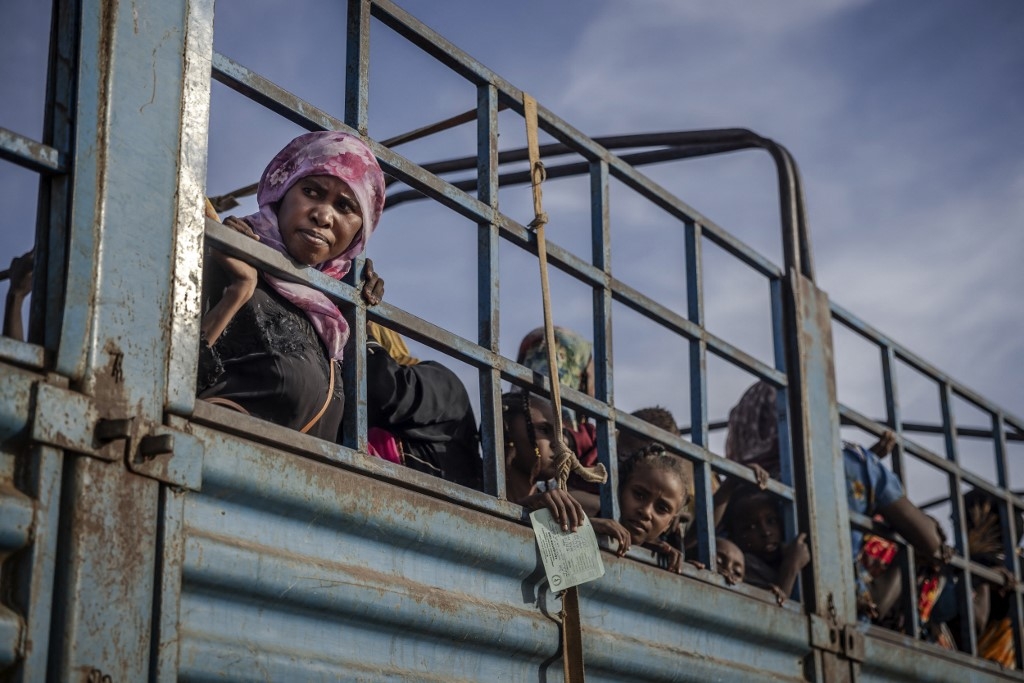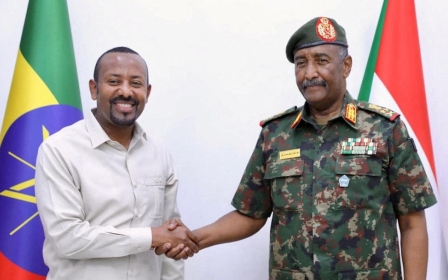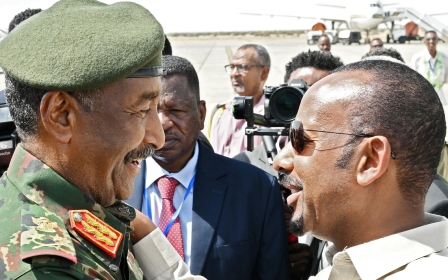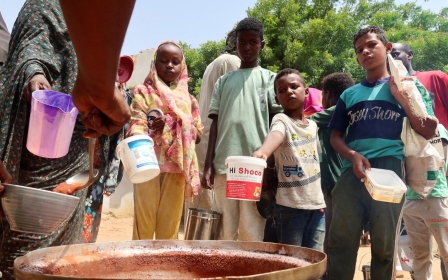Emirati passports discovered in Sudan suggest UAE boots on the ground

Emirati passports recovered in Sudan have provided damning evidence that the UAE has been intervening in the conflict in the north African country.
According to the Guardian, a document sent to the UN Security Council and seen by the newspaper contains images allegedly found in Sudan and linked to the Rapid Support Forces (RSF), the paramilitary group that has been fighting the Sudanese Armed Forces (SAF) in the country since April 2023.
Middle East Eye has reported previously on the extensive support the UAE provides for the RSF through a network of supply routes that run through Libya, Chad, Uganda and Central African Republic.
The UAE continues to deny that it is arming and supplying the RSF, which is led by its longtime ally Mohamed Hamdan Dagalo, the general and former Janjaweed commander known as Hemeti.
International human rights groups have found “clear and compelling evidence” that the RSF is committing genocide against “non-Arab groups” in Darfur, the vast western region of Sudan that is now almost entirely controlled by the paramilitary force.
New MEE newsletter: Jerusalem Dispatch
Sign up to get the latest insights and analysis on Israel-Palestine, alongside Turkey Unpacked and other MEE newsletters
The discovery of the passports will add to pressure on the West to rein in its allies in the region and stymie their involvement in the conflict.
They apparently belong to male Emiratis, two born in Dubai, one in the city of Al Ain and another in Ajman.
Cameron Hudson, the former Sudan adviser to the US government, told the Guardian it would “force Washington to acknowledge what it knows about this, and will force them to respond.”
The document also said that the UAE had supplied the RSF with drones modified to drop thermobaric bombs, a controversial weapon with a wider damage impact than conventional weapons of a similar size.
According to US estimates, around 150,000 people have been killed so far in Sudan’s war, which has been raging for 15 months.
More than 10 million Sudanese are displaced within the country, which the United Nations calls the world’s worst displacement crisis.
Middle East Eye delivers independent and unrivalled coverage and analysis of the Middle East, North Africa and beyond. To learn more about republishing this content and the associated fees, please fill out this form. More about MEE can be found here.




